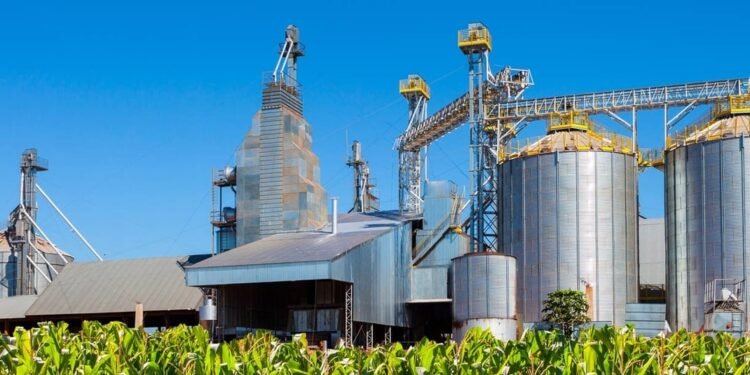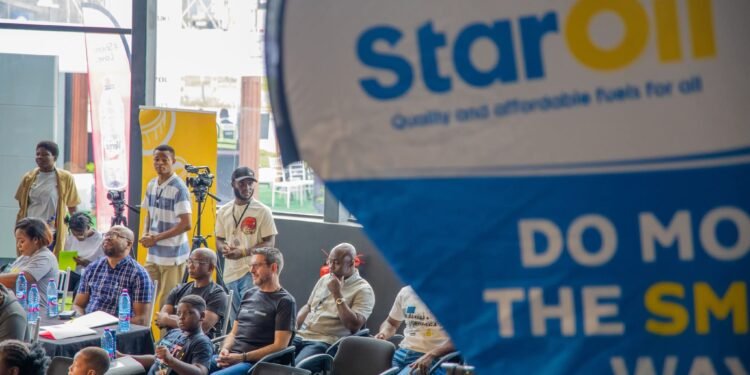An Energy Expert and Senior Oil Production Operations Specialist with Petroleum Development Oman, Dr. Yusif Sulemana has attributed the shortfall in the proceeds of the Energy Sector Levy (ESLA) to the counterproductive nature of the recent taxes placed on petroleum products.
He further stressed that the government’s poor handling of the taxation regime for petroleum products accounted for the 28 per cent decline (GHS1.15 billion against GHS1.61 billion as target) in the targeted ESLA amount for the first half of the year.
While the fiscal development report released by the Bank of Ghana suggested a decline in expected demand for petroleum products as the reason for the shortfall, that is but only scratching the surface. The major bane of consumer demand is the increased taxes charged on petroleum products, he indicated.
“Typically, it is just due to our poor handling of the taxation regime for petroleum products… without those taxes/levies last year even with COVID, the government was able to meet the ESLA target, even surpassed that by 7 per cent. So, why is it that we run short of the target by a woeful 28 per cent.
“That just shows that the taxes that [the government] added into the energy sector levies were simply burdensome to the consumers.”
Dr Sulemana, Energy Analyst
According to the expert, without addressing the tax problem, the government would not meet its target for the full year as has been the case for the first half of the year. He indicated that this can be averted if the government will consider readjusting these taxes to stimulate consumer spending.
Address taxation issue
“It is clear that within the period after the imposition of the taxes, the consumption of petroleum products if they will compare have [dropped]. Because, people try to find alternatives… a litre of petrol going for more than US$1.00 is just simply too much.
“So, I think going forward, if [the government] sees that it is not meeting the target, we are going to lose twice, we are not going to meet the target and we are going to put a lot of burden on the consuming public. It is not a bad idea to readjust some of the taxes just to, if not for anything, stimulate growth.
“If you stimulate growth and stimulate spending, you can get the taxes. It is just the other way of getting the taxes. Because the taxes will come if people spend. And so, it is becoming very clear that some of the taxes/levies that were imposed during the last budget were not [well considered]. Because some of them were counterproductive especially when it has to do with petroleum products.”
Dr Sulemana, Energy Analyst
Compared with projected ESLA proceeds of GHS4.4 billion in 2020, the government expects to generate GHS5.3 billion for 2021. Thus, trailing the forecast for the first half of 2020 by 28 per cent means that if nothing is done, and such concerns of decreased demand continues, ESLA proceeds for 2021 will fall by a huge margin comparatively.
Attaching utmost importance to this issue is not asking too much, since the ESLA funds remain the primary source of revenue for defraying energy sector debts as well as other capital intensive projects in the sector.
That said, the expert lauded the government’s step for not making an upward adjustment of the taxes/levies during the mid-year review. However, he indicated that a downward adjustment of the taxes/levies would have been much more productive than the current regime.
READ ALSO: Ghana: Banking Sector fraud skyrockets in 2020, total value hits GHS1 billion























